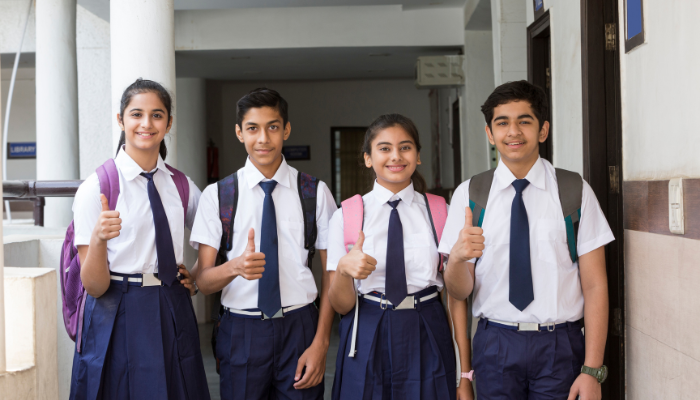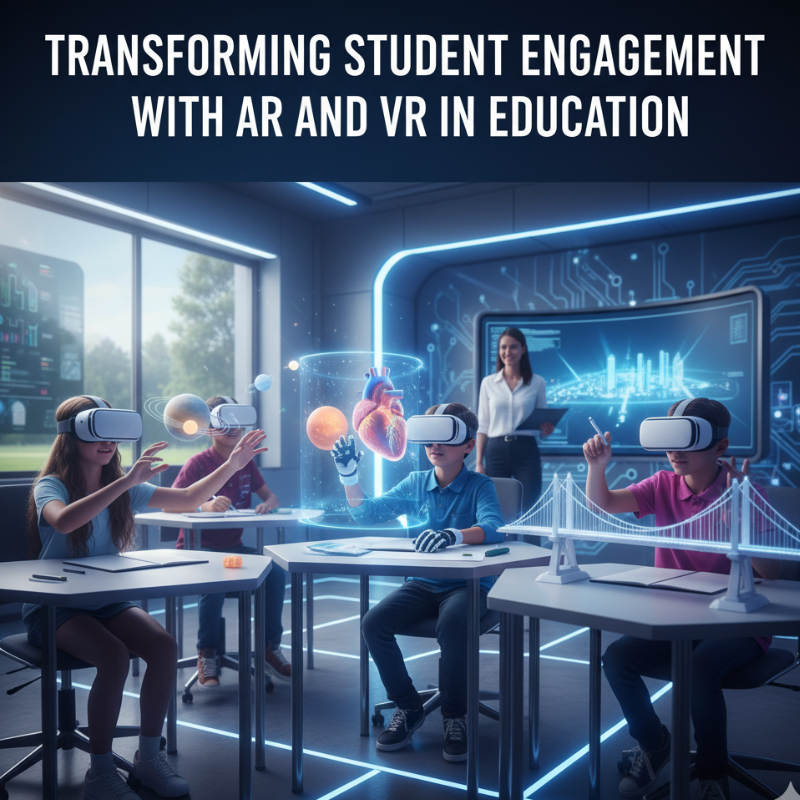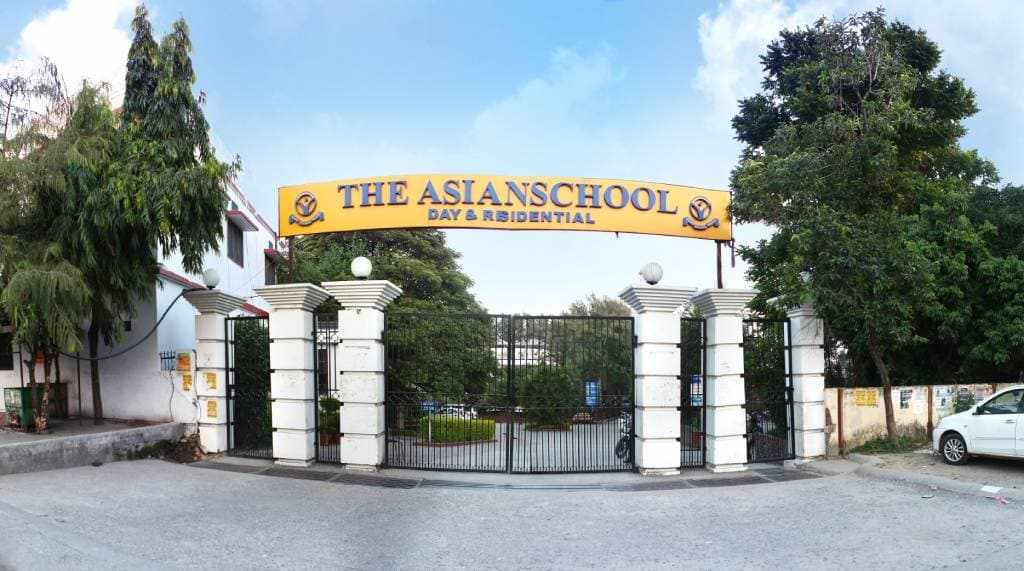
The future of the Indian learning system is not tomorrow; it is happening now. Learning has come a long way from writing on chalkboards to smartboards. It is reinventing the ways of acquiring knowledge while keeping learning engaging and fun. From the best boarding schools in India to ever-changing residential schools, every institution is adopting international standards of education.
Eradicating the conventional methods of learning that bind them to assignments and exams, rather than letting them question and think, is now out of the equation. However, India as a whole needs more time to achieve this dream. Regardless of this slow pace, boarding and residential schools have shown promising growth in multidisciplinary education.
The Role of Boarding and Residential Schools in Learning

Let’s face it! Moving forward without a system that allows students to navigate through concepts practically with a comprehensive learning approach and deep understanding is a waste of talent and potential. Considering this perspective in approach, boarding and residential schools in India have integrated specialized learning methods into learning.
Project-Based Learning
Western nations such as the United States, the United Kingdom, Canada, and the Netherlands are prominently using the method of project based learning, especially in higher studies. In India, boarding and residential schools like Col Brown School and Asian School are actively integrating this method in their curriculum. As a result, both boys and girls residential schools in India are recognizing the need for PBL (Project-Based Learning). method in their education.
2. STEAM Education
STEAM stands for Science, Technology, Engineering, Arts, and Mathematics. Top Indian boarding schools, along with other nations like the US, China, South Korea, the UN, Finland, and Germany, are upgrading syllabi and teaching methods. STEAM learning focuses on hands-on projects, experimental learning to foster creative problem-solving skills and analytical skills. This method is specifically designed to make students ready to overcome post-school real-life challenges they may face in their careers. The co-ed residential schools in India have moved their focus from traditional to STEAM education, keeping learning without making it complex.
3. Experimental Learning
The experimental technique of learning has no founder, as it evolved throughout centuries of experimentation and learning through mistakes. The scientific advancements the world knows today are the result of experimental learning. From science, engineering to art and literature, experimental learning integrates knowledge with real life activities, field trips, workshops, and survival camps to test and improve student’s critical thinking and decision-making ability simultaneously.
4. Multidisciplinary Leaning
The New Education Policy of India, which was introduced in 2020, highly emphasized the implementation of multidisciplinary learning. It is focused on integrating multiple disciplines like science with arts, vocational, and extra-curricular studies to give students a break from the same set of subjects. It gives them the opportunity to explore informal learning at both school and higher level of studies.
Diverse methods of learning were highly encouraged in ancient India, but lost value over time. Today, as we move towards the future, these methods are reviving with modern thought and understanding. These methods are so productive and relevant, even the no.1 boarding school in India is now recognizing their potential effects on students’ education in the long term.
The Motive of Boarding and Residential Schools

The boarding and residential schools of India are no different from the Hogwarts School of Wizardry. The only difference is that students learn the magic of education, and not broomstick riding. Their mission is crystal clear.
Embrace Modern Learning Methods
From solving questions on the blackboard to online learning. Boarding and residential schools have adopted modern learning systems. Whether it is digital classes or virtual reality programmes, learning experiences have switched and continue to evolve. Unlike traditional lectures, these methods focus on practical and in-depth knowledge, keeping teacher-student interaction as a priority.
Such technological methods allow students to engage in critical aspects of learning while being self-reliant and supportive to fellow students. Boarding schools across India are widely using smart projectors, virtual reality systems, and advanced tech in both studies and extra-curricular activities to keep learning interesting.
Educate about Life Skills and Values
The well-disciplined environment of boarding and residential schools in India aims towards structured routines. From waking up to attending classes, this routine system keeps students active and enlightens them about basic life skills. Students are responsible for everything, including their schedules, belongings, and personal matters, making them independent and self-reliant.
Era of Leadership and Innovation
One of the top boarding schools in India, like The Asian School, encourages leadership education and an innovative mindset. Both girls and boys residential schools in India are emphasizing on overall growth of a student, beyond academics. Through leadership programmes and collaborative discussions, they are giving students the opportunity to lead teams, think outside the box, and engage in innovative ideas.
This vision of boarding schools not just looks promising, but is practical and being followed every day. All it asks is effort and dedication from students and the system to make learning holistic and upgrade modern curricula while keeping educational values a crucial factor.
Conclusion
Transforming learning from traditional methods to modern systems was a real challenge. As it needed an entire change in the syllabus and teaching methods. But boarding and residential schools of India have demonstrated that education needs to be updated over time. The major acceptance of global learning trends across India has put the spotlight on the importance of modern educational methods.






Write a comment ...